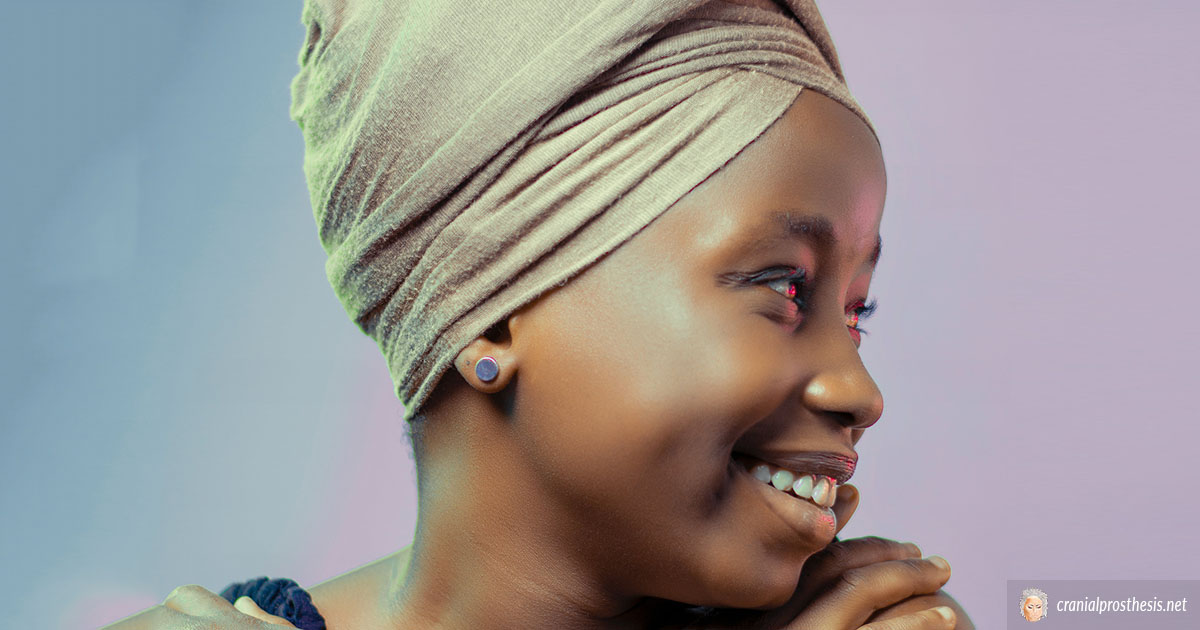
If you’re undergoing chemotherapy treatments, you may already know that hair loss is one of the cancer related side effects. Depending on the type of chemotherapy, the hair on your body and head will fall out.
Other treatments like radiation can also cause hair loss on the part of the body that is being treated. This type of hair loss is known as alopecia. But your health care team will be able to tell you if the cancer treatment you’ll be taking will cause hair loss.
Hair Loss: Cancer Treatments Side Effect
Check with your nurse or doctor for help managing your hair loss as it relates to cancer side effects. The below strategies are also helpful.
- Care For and Protect Your Scalp. Regardless of the weather, always wear a hat and sunscreen when you are outdoors. Even a comfortable scarf can keep your scalp protected and warm. Also, use conditioners and lotions if your scalp feels tender or itches. Doing so will make your scalp feel better.
- Treat Your Hair Gently. Use a wide tooth comb with soft edges or a soft bristled hairbrush to avoid inadvertently scratching your scalp. It is not advisable to use flat irons, hair dryers, or products containing clips or gels that can hurt your scalp. When shampooing your hair, use a mild shampoo. Be very gentle and shampoo your hair less often. Don’t rub your hair to dry it, instead use a soft towel to pat it dry.
- Decide On Your Hairstyle. When some people notice hair loss related to cancer side effects, the choose to cut their hair short. While short hair is easier to manage for some, it can also show more thinning. Others shave their head and get a cranial prosthesis wig custom made by Louticia Grier. But before shaving your head, make sure you have a photo that shows your natural hair color, and how you normally wear your hair. That way, Louticia can match the style and hair color for your cranial prosthesis wig.
You may also want to talk with someone about your feelings. Hair loss conjures many emotions, such as embarrassment, depression, or anger. By sharing these feelings, you can get it out in the open and start feeling better about yourself.
Hair Care For Hair Regrowth
When your hair starts to grow back, in the excitement you may forget that hair care is different than it used to be. As such, you will need to be gentle with it and avoid brushing it often. You also should steer clear of blow drying and curling your newly grown hair.
Our hair is fragile, even without undergoing treatments like chemotherapy or radiation. So, allow yourself time to care for it and not be rushed, which leads to harsh brushing. The result could be a sore scalp and losing your hair all over again.
To learn more about getting a custom cranial prosthesis wig, call (619) 820-0290 or use our online request form. You can also upload photos showing your specifications.
You may also enjoy reading: What Are The Signs and Symptoms Of Menopause?









